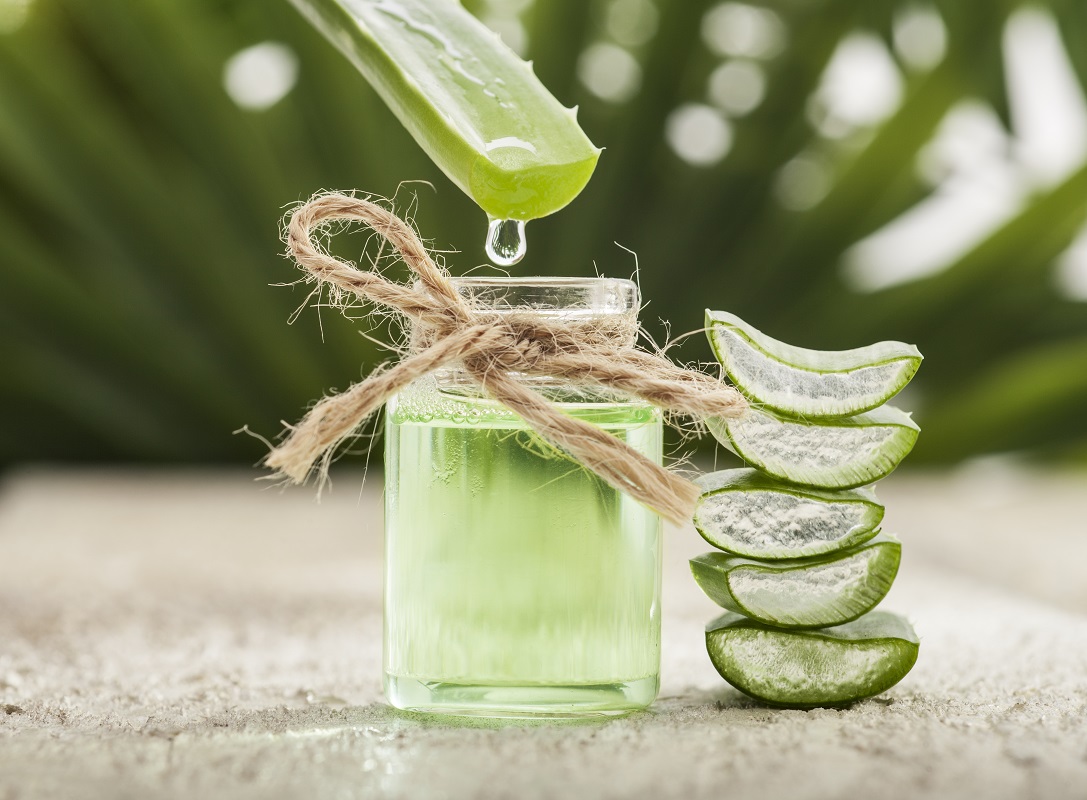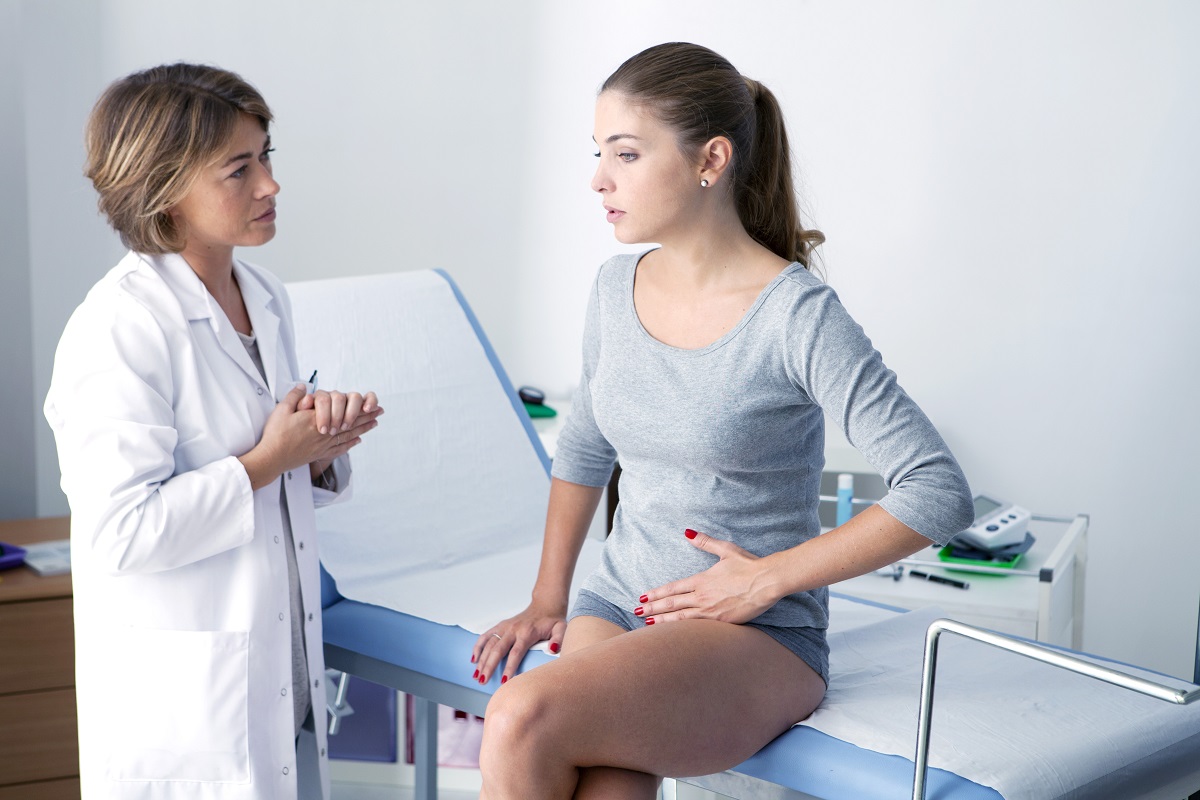Female reproductive health is vital to overall well-being, yet it often remains understated and under-discussed. Many women experience various vaginal symptoms, but many are unsure how to address them or even recognize when something is amiss.
This article provides valuable information about a common concern among women: vaginal burning sensation. From causes, symptoms, remedies, and prevention, you’ll learn the strategies to help you prioritize and maintain optimal vaginal health. Understanding and managing this condition is crucial for overall well-being and a better quality of life.
- What is vaginal burning?
- What causes vaginal burning?
- How can you find immediate relief?
- What can you do to prevent vaginal burning?
- Are natural remedies effective for vaginal discomfort?
- How can your lifestyle and diet contribute to vaginal health?
- When should you seek medical help?
- Frequently Asked Questions
What is vaginal burning?
Vaginal burning is a distressing sensation characterized by a persistent, often uncomfortable, or painful heat, stinging, or irritation within the vaginal region. It can affect women of all ages and typically occurs due to an underlying issue or imbalance in the vaginal environment.
Common symptoms include itching, redness, swelling, and discomfort that can disrupt daily life. Vaginal burning can indicate various conditions, ranging from infections to allergies, and addressing it promptly is crucial to ensure vaginal health and well-being.
What causes vaginal burning?
Vaginal burning can stem from multiple factors, including:
- Infections: Bacterial vaginosis, yeast infections (such as candidiasis), or sexually transmitted infections (STIs) like herpes and chlamydia can trigger vaginal burning due to the inflammation they cause.
- Allergies: Sensitivity to certain soaps, detergents, perfumes, or latex can lead to allergic reactions in the vaginal area, resulting in burning sensations.
- Hormonal Changes: Fluctuations in hormone levels, often occurring during menopause or pregnancy, can affect vaginal moisture and lead to dryness, causing discomfort and burning.
- Chemical Irritants: Harsh chemicals present in hygiene products or contraceptives can irritate the delicate vaginal tissues and induce burning sensations.
- Friction: Intense sexual activity or inadequate lubrication during intercourse can cause friction-related irritation and subsequent burning.
- Chronic Conditions: Chronic illnesses like vulvodynia or lichen sclerosus may cause long-term vaginal discomfort and burning.
How can you find immediate relief?
Experiencing vaginal burning can be distressing, but immediate relief is often attainable through a combination of over-the-counter (OTC) treatments and home remedies. Here’s a breakdown of how to find quick relief:
Over-the-counter Treatments and Home Remedies

- Topical Creams: OTC creams like hydrocortisone or antifungal creams can alleviate itching and inflammation. Ensure you choose the one suitable for your specific condition, such as a yeast infection or irritation.
- pH-Balanced Cleansers: Opt for mild, pH-balanced intimate cleansers to maintain vaginal hygiene without exacerbating irritation.
- Pain Relievers: Non-prescription pain relievers like ibuprofen or acetaminophen can help reduce discomfort and inflammation.
- Warm Compress: Apply a warm, damp cloth to the affected area to soothe irritation and promote blood circulation.
- Hydration: Drink plenty of water to stay well-hydrated, which can help maintain vaginal moisture.
- Probiotics: Consuming probiotic-rich foods or supplements may restore the natural balance of vaginal flora, particularly useful for combating yeast infections.
- Cotton Underwear: Wear breathable cotton underwear to reduce friction and allow the area to breathe, minimizing irritation.
- Avoid Irritants: Steer clear of scented products, douches, and harsh soaps, as these can worsen symptoms.
- Cool Baths: Soaking in a lukewarm bath with baking soda or oatmeal can relieve itching and burning.
What can you do to prevent vaginal burning?
Maintaining vaginal health is paramount in preventing the discomfort and irritation associated with vaginal burning. Here are essential hygiene, lifestyle, and healthy practices to help safeguard against this condition:
- Proper Hygiene:
- Gentle Cleansing: To clean the external genital area, opt for a gentle, fragrance-free soap. Steer clear of harsh soaps and douches as they can disturb the natural pH balance, potentially causing irritation.
- Front-to-Back Wiping: After using the toilet, always wipe from front to back to prevent bacteria from the anal area from spreading to the vagina.
- Safe Sexual Practices:
- Condom Use: Consistent condom use can protect against sexually transmitted infections (STIs) that may cause vaginal burning.
- Lubrication: Adequate lubrication during sexual activity reduces friction and minimizes the risk of irritation or abrasions.
- Clothing Choices:
- Breathable Fabrics: Opt for cotton underwear and breathable fabrics to allow air circulation, preventing moisture buildup and reducing the risk of fungal infections.
- Menstrual Care:
- Change Tampons and Pads Regularly: Frequent changing of tampons and pads during menstruation prevents bacterial overgrowth and irritation.
- Diet and Hydration:
- Stay Hydrated: Drinking sufficient water maintains overall bodily hydration, including the vaginal area.
- Probiotic Foods: Incorporate yogurt, kefir, and other probiotic-rich foods into your diet to support a healthy vaginal microbiome.
- Manage Chronic Conditions:
- Seek Treatment: If you have a chronic condition like recurrent yeast infections or vulvodynia, work closely with a healthcare provider to manage and prevent flare-ups.
- Allergen Avoidance:
- Identify Triggers: If you are prone to allergies, identify and avoid products or substances that cause vaginal irritation.
Are natural remedies effective for vaginal discomfort?
Natural remedies have gained popularity for addressing vaginal discomfort, offering potential benefits without the side effects associated with some medications. Here’s an exploration of some natural options, including aloe vera and coconut oil:
Benefits of Aloe Vera, Coconut Oil, and More

- Aloe Vera:
- Benefits: Aloe vera has anti-inflammatory and soothing properties. Applied topically, it can relieve itching, redness, and burning sensations associated with vaginal discomfort.
- Application: Use pure aloe vera gel or products specifically designed for intimate use. Apply a small amount externally to the affected area. Ensure the product is free from added fragrances or chemicals.
- Coconut Oil:
- Benefits: Coconut oil possesses antimicrobial properties and provides lubrication. It may help alleviate dryness and itching.
- Application: Use organic, unrefined coconut oil. Apply a small amount externally as needed. Avoid using it with latex condoms, as it can weaken them.
- Probiotics:
- Benefits: Probiotic supplements or yogurt with live cultures can help maintain a healthy vaginal microbiome by promoting the growth of beneficial bacteria, potentially preventing infections.
- Consumption: Incorporate probiotic-rich foods into your diet or consult a healthcare professional for appropriate supplements.
- Tea Tree Oil:
- Benefits: Tea tree oil has natural antifungal and antibacterial properties. Diluted tea tree oil can be used as a topical treatment for fungal infections like yeast.
- Dilution: Mix a few drops of tea tree oil with a carrier oil (like coconut or almond oil) and apply externally. Always dilute tea tree oil to prevent skin irritation.
- Baking Soda:
- Benefits: Baking soda can help neutralize pH imbalances and reduce itching.
- Application: Dissolve a teaspoon of baking soda in a cup of warm water and use it as a sitz bath or rinse the external genital area.
How can your lifestyle and diet contribute to vaginal health?
Your lifestyle and diet play significant roles in maintaining vaginal health. Here are key factors that contribute to overall well-being in this regard:
Hydration, Clothing Choices, and More
- Hydration: Staying well-hydrated supports the body’s ability to maintain adequate moisture levels, including in the vaginal area. Dehydration can lead to vaginal dryness, discomfort, and an increased risk of irritation or infections.
- Clothing Choices: Opt for breathable fabrics like cotton for underwear to allow air circulation and reduce moisture buildup, which can contribute to fungal infections or discomfort.
- Sexual Practices: Safe and consensual sexual practices are crucial. Condom use helps prevent sexually transmitted infections (STIs) that can affect vaginal health.
- Diet: A balanced diet can impact vaginal health positively:
- Probiotics: Foods like yogurt, kefir, and sauerkraut that contain probiotics support a healthy vaginal microbiome by promoting the growth of beneficial bacteria.
- Hygiene: Consuming foods rich in antioxidants and vitamins, such as fruits and vegetables, can enhance overall immune function, helping the body defend against infections.
- Fluid Intake: Water-rich foods like cucumbers and watermelon, along with sufficient daily water intake, contribute to hydration throughout the body, including the vaginal area.
- Personal Hygiene: Practice proper external genital hygiene. Use mild, fragrance-free soaps and avoid douches or harsh cleansers, as they can disrupt the natural pH balance.
- Exercise: Regular physical activity improves blood circulation, which can have a positive impact on vaginal health by promoting healthy tissue and immune function.
- Stress Management: High stress levels can affect hormonal balance, potentially leading to vaginal discomfort or infections. Employ stress-reduction techniques like mindfulness, meditation, or yoga.
- Smoking and Alcohol: Smoking and excessive alcohol consumption can disrupt hormonal balance and increase the risk of infections. Reducing or quitting these habits can benefit overall health, including vaginal well-being.
When should you seek medical help?

If you experience persistent symptoms or signs of infection related to vaginal health, it is crucial to seek medical assistance promptly. Here are some situations that warrant immediate attention:
Persistent Symptoms and Signs of Infection
- Persistent Symptoms: If you experience persistent vaginal discomfort, such as itching, burning, or pain, that doesn’t improve with over-the-counter remedies or home care, it’s essential to consult a healthcare professional. Prolonged symptoms may indicate an underlying issue that requires medical evaluation.
- Signs of Infection: If you notice any signs of a vaginal infection, such as unusual discharge, a strong or foul odor, changes in color or texture, or the presence of blood, it’s crucial to see a healthcare provider promptly. Common vaginal infections like yeast infections, bacterial vaginosis, or sexually transmitted infections (STIs) may require prescription medication for proper treatment.
- Recurrent Infections: If you have a history of recurrent vaginal infections, it’s advisable to seek medical help. Frequent infections can be a sign of an underlying problem that needs evaluation and a more comprehensive treatment plan.
- Unusual or Severe Symptoms: Any unusual or severe symptoms, such as swelling, sores, blisters, lumps, or extreme pain in the vaginal area, should be promptly examined by a healthcare professional to rule out more serious conditions.
- Allergic Reactions: If you suspect an allergic reaction to a product (e.g., soap, lubricant, latex), or if you experience symptoms like hives, swelling, severe itching, or difficulty breathing after exposure to a potential allergen, seek immediate medical attention.
- Changes in Menstrual Patterns: Significant changes in your menstrual cycle, such as irregular periods, heavy bleeding, or prolonged periods, should be discussed with a healthcare provider to rule out underlying hormonal or gynecological issues.
- Pelvic Pain: If you experience persistent pelvic pain or discomfort, it’s essential to consult a healthcare professional to determine the cause, which may include conditions like endometriosis or fibroids.
Frequently Asked Questions
How can I stop the burning down there?
To stop burning, use OTC creams for relief, avoid irritants, stay hydrated, wear breathable underwear, and consult a doctor if it persists.
How long does vaginitis last?
The duration of vaginitis varies. It can last a few days to weeks, depending on the cause and treatment effectiveness. Consult a doctor for guidance.
What is the proper way to clean your private area?
Clean the external genital area with a mild, fragrance-free soap, wiping from front to back. Avoid douches and harsh cleansers, which disrupt the natural pH balance.
Can sitting in hot water cure yeast infection?
Sitting in hot water may provide temporary relief but won’t cure a yeast infection. Consult a doctor for proper treatment.
What causes yeast infection?
Yeast infections are mainly caused by the fungus Candida, often Candida albicans, overgrowth in the vaginal area due to factors like antibiotics, weakened immune system, hormonal changes, or poor hygiene.




